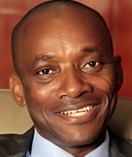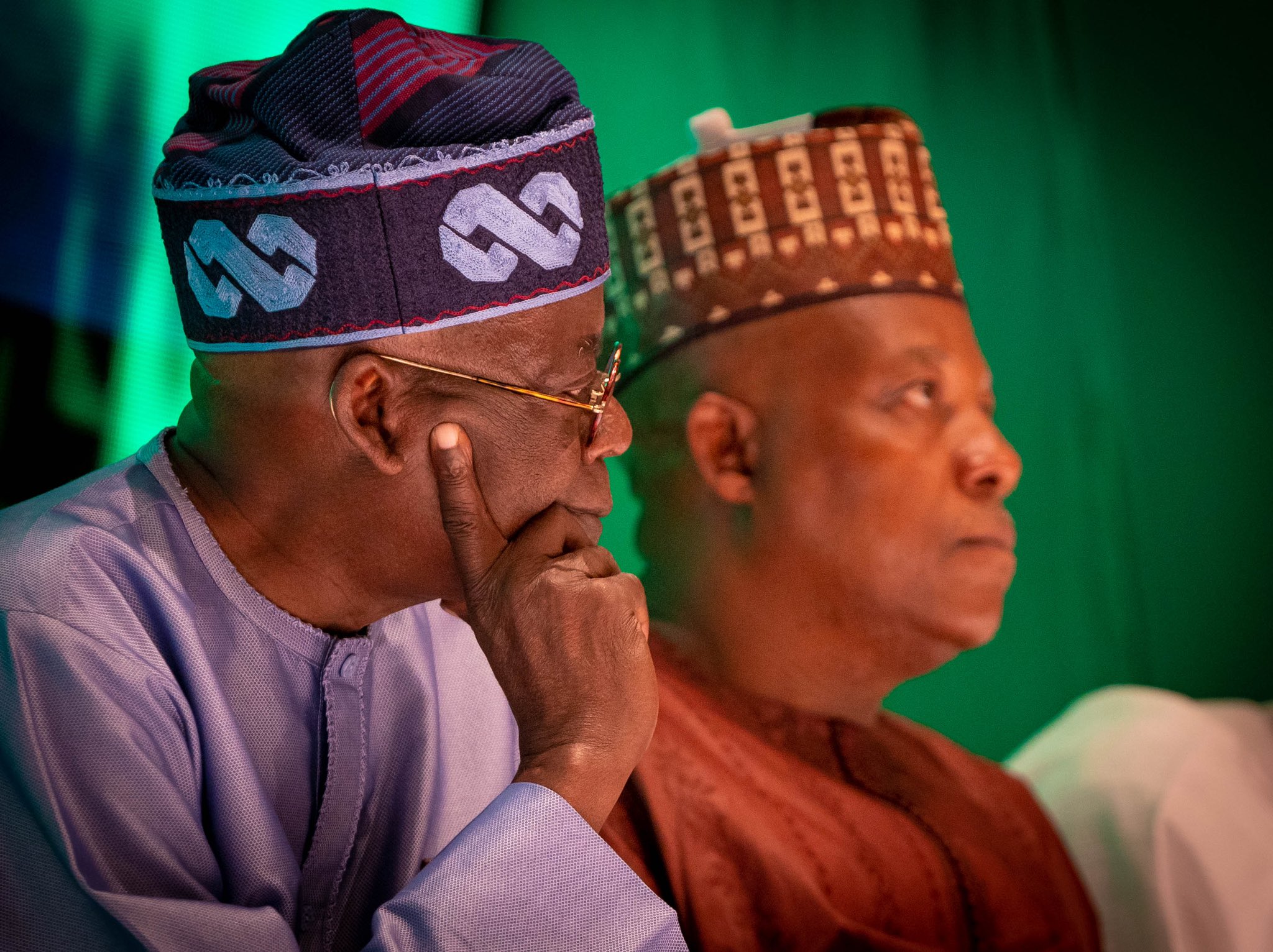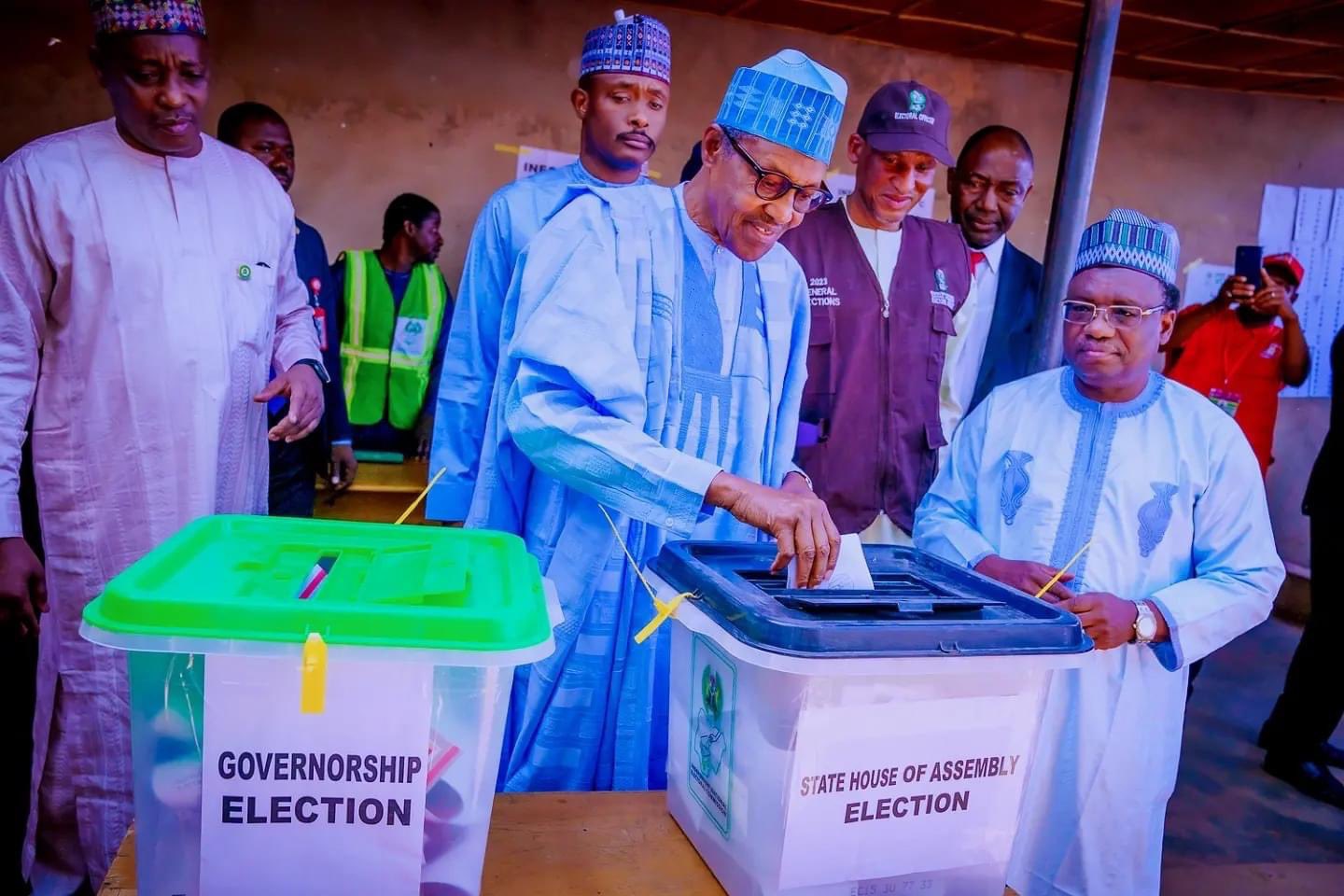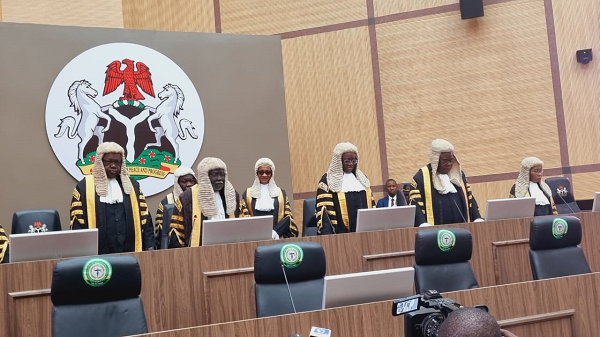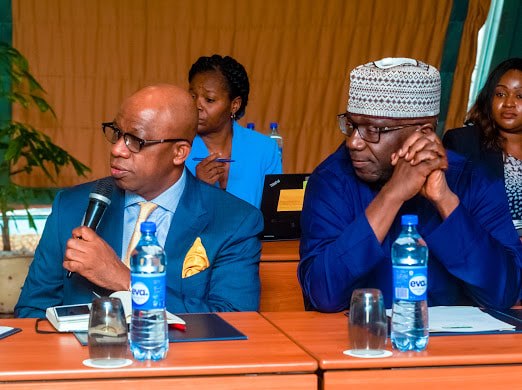In 2014, Nigeria navigated a crucial corner in a supposed ‘democratization’ by having an opposition party win an incumbent president. The beautiful part of that story is that the incumbent president, a certain peaceful man called Goodluck Jonathan, decided not to contest his defeat, unlike many African rulers who lose an election, rewrite the result and imprison opposition leaders. Many scholars of democracy and democratisation mistook this instance of civility as evidence that democracy is consolidating in Nigeria. That is false. It is a dangerous assumption that can make us fail to perform the real tasks required to make Nigeria a democracy.
The truth is that Nigeria is not a democracy. And maybe it has never been. Nigeria came to being in 1914 through an amalgamation that did not truly happen. As Sir Clifford reported it, Lord Lugard was halfhearted about the project. He did not want to be trapped in the bureaucratic work of managing a truly integrated Nigeria, so he kept it loose and simple, so he can frequent Liverpool every weekend. The result of this diffidence is a country that lacked strong nationality and coherent statehood. Add to this ill conception the foundation of military dictatorship that further destroyed civility and regularity. Since 1999, Nigeria has evaded the bullet of a military takeover of government. But it has not evaded its autocracy and authoritarianism. Somehow, the military still rules the Nigerian state through its surrogates and culture.
Nigeria used to be described as a ‘hybrid democracy’ in the typology of democracy in the world. A hybrid democracy is one that has the forms of democracy but operates by the logic of authoritarianism. In such a political society, elections become a means of authorising one despot and not the other. No matter who wins an election in a hybrid democracy, the characteristics of state institutions are that they undermine the freedom and liberty of citizens. The competition and liberalisation required in a democracy are missing, replaced by political monopoly and coercion.
The shocking thing is that this characteristic remains even as the country advances in the technology of elections. Like the rest of the developing or transitioning countries of the world that have been seduced and captivated by the concept of democracy called ‘electoralism’, Nigeria has embraced ‘electoral democracy’, the democracy whose hallmark is competitive and periodic elections. Many people argue about the democracy-ness of electoral democracy with its restrictions on popular participation and acceptance of gross economic inequality. But even its limited merits are missing in Nigeria. The most important feature of electoral democracy is contestability which reflects in the simple fact that the opposition can always easily defeat the incumbent whenever the people are displeased by the performance of the incumbent.
Advertisement
No matter what else electoral democracy is, it is, as Robert Dahl pointed out decades ago, a system that forces those in political offices to respond to the preferences and expressions of citizens. As a form of representation, democracy enables the people who are outside political authority to influence what those in political offices do; how they use state resources. The chief tool of this control is free and fair elections. Elections are free and fair only if they are organized in a manner that the opposition can easily win. Free and fair election is not defined by the design and arrangement of ballot and the niceties of electoral management.
The most important things about elections are not about the votes. They are more about the working of state institutions. At the minimum, these institutions, like the police, the courts, the electoral management body, and state public service must be politically neutral. In simple language, if the people say they wanted the president or the governor out, the police, the courts, and the public service will not keep him in power. These institutions would have, through their organizing logic or evolution or structural character, become unusable to keep people in power. The political neutrality of state institutions and the liberality of the political environment to the extent that the people enjoy expansive civil and political and economic and social rights are the very necessary and sufficient conditions for democracy defined as polyarchy.
If these features are absent, like in Nigeria, then you are not a democracy even if the technology of your electoral system is sophisticated. If the governor of your state has prohibited political opponents from campaigning in the state and uses state institutions to arrest and incarcerate them before the vote, then you are not a democracy. If citizens can threaten other citizens with violence if they don’t vote for the incumbent and your police do not make arrests and protect those citizens to vote their preferences, you are not a democracy. If your electoral umpire can show open partisanship and rig the elections it is conducting through deliberate and audacious disregard for the fundamental rule that guarantees transparent vote count, then you are not a democracy. If your cultural leaders can wantonly employ culture and tradition to ensure that the people do not vote on the day of the election to suppress votes in areas that their preferred candidate cannot win, then you are not yet a democracy.
Advertisement
Some people may think this is half-full and not half-empty. So the narrative is that Rome was not built in a day. True. The democracies of the world evolved over time. But we are living in a global village where outsiders have access to the ingredients which the established democracies used to prepare the cuisine. So, we can also prepare the meal of democracy. But more than that, we have a problem that if we want to travel the path these democracies took, we need to invent wars and experience the social convulsions that rocked their societies many centuries ago. We cannot afford such anymore. Therefore, we must intentionally fast-track to democracy, not evolve to it.
One truth is that what we have in Nigeria today is not democracy. This is the reason the University of Gothenburg in its Verities of Democracy labelled Nigeria an ‘electoral autocracy’. We are not a democracy because our elections are not competitive. You cannot have competitive elections if the state is captured, and its institutions are functionally and ideologically committed to protecting the autocracy of the dominant political group. Until such institutions internalise the norms of neutrality and autonomy and operationalise such in the defence of the little citizens taking on the entrenched autocrats, you do not have a democracy yet.
Views expressed by contributors are strictly personal and not of TheCable.
Add a comment
